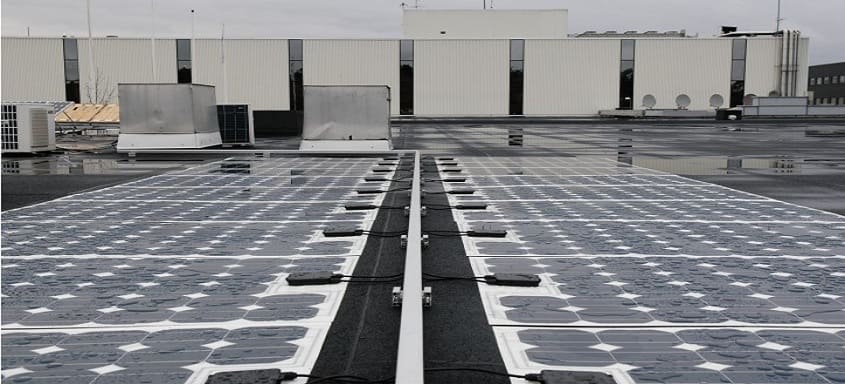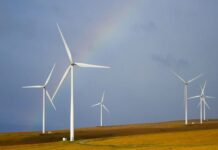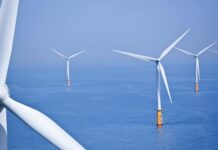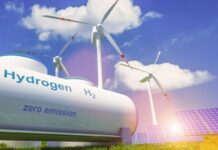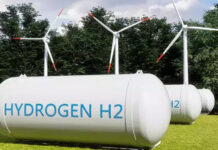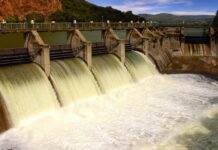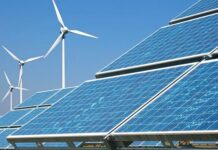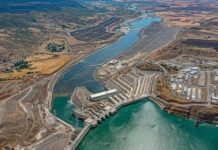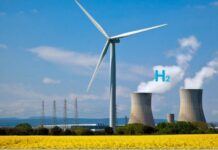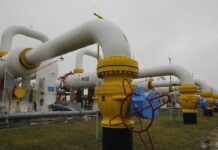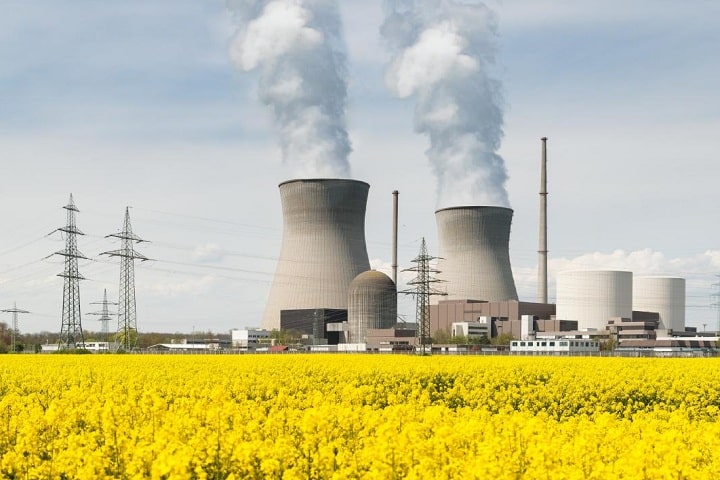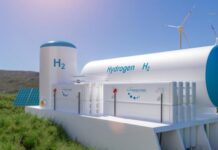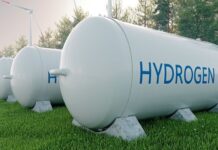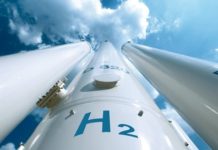Belarus has begun operating its first nuclear power plant despite strong objections from Lithuania, which immediately cut off electricity imports from its neighbor.
Unit 1 of the plant near the town of Astravets in Belarus’s western Hrodna region “was connected to the country’s unified power grid at 12:03,” the Belarusian Energy Ministry said in a statement on November 3 that was carried by the state news agency BelTA.
The facility, located some 50 kilometers from the Lithuanian capital, Vilnius, was built by the Russian state firm Rosatom and financed by Moscow with a $10 billion loan.
EU members Lithuania and Latvia have opposed the $11 billion project, citing concerns about safety and national security.
Rosatom rejected the complaints, attesting that the facility complies with all the safety standards of the International Atomic Energy Agency (IAEA).
In line with Lithuanian legislation banning electricity imports from Belarus once the plant starts operating, Lithuania’s transmission system operator Litgrid said it had ceased all power trading with Belarus.
Latvia said it had also blocked imports of energy generated at the plant and vowed not to purchase Russian electricity if Moscow was unable to prove imports did not originate from the Belarusian plant.
Lithuanian Foreign Minister Linas Linkevicius said Belarus started commissioning the power plant despite “unresolved safety issues,” and described the energy project as “geopolitical.”
“The EU as the whole international community simply cannot stay indifferent to such cynical ignorance,” he tweeted.
Lithuania, which closed its sole Soviet-built nuclear power plant in 2009, has already been preparing for a potential disaster at Astravets, buying millions of iodine tablets in the event of a radiation leak. Iodine can help reduce radiation buildup in the thyroid in case of a leak of radioactivity.
The power station’s launch comes amid an unprecedented wave of protests in Belarus against strongman Alyaksandr Lukashenka.
The Astravets project has proved divisive within the country, which suffered severe damage from the 1986 Chernobyl nuclear disaster that spewed radioactive fallout from a plant in then-Soviet Ukraine across vast areas of Europe.
When fully operational in 2022, the nuclear plant’s two reactors are expected to produce up to 2,400 megawatts of electricity.



